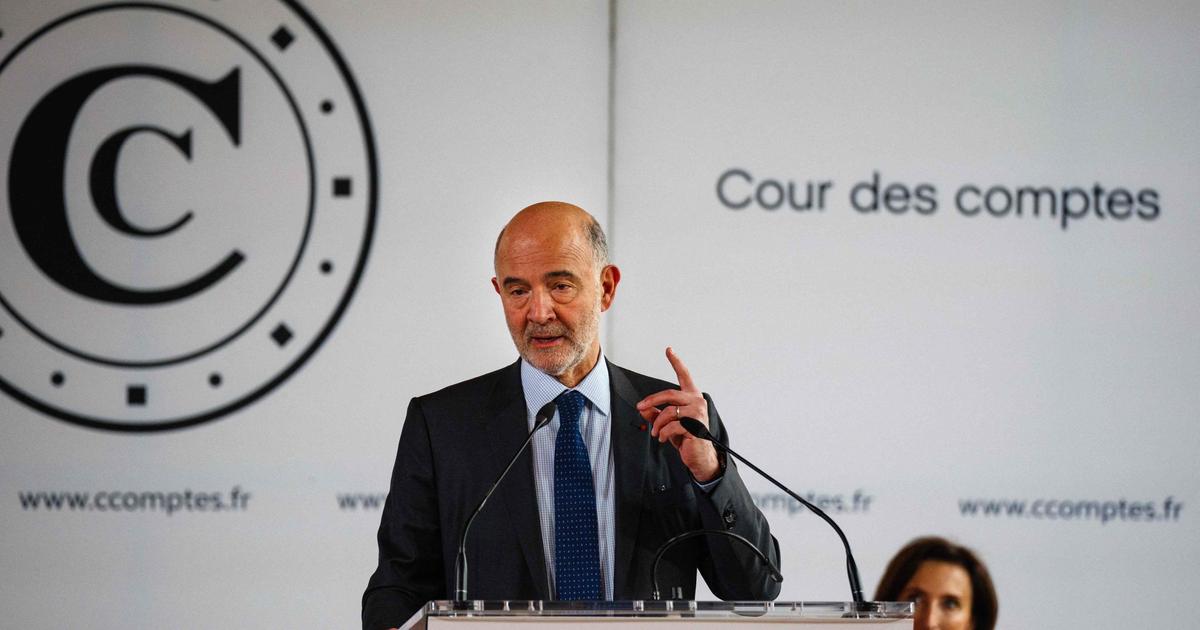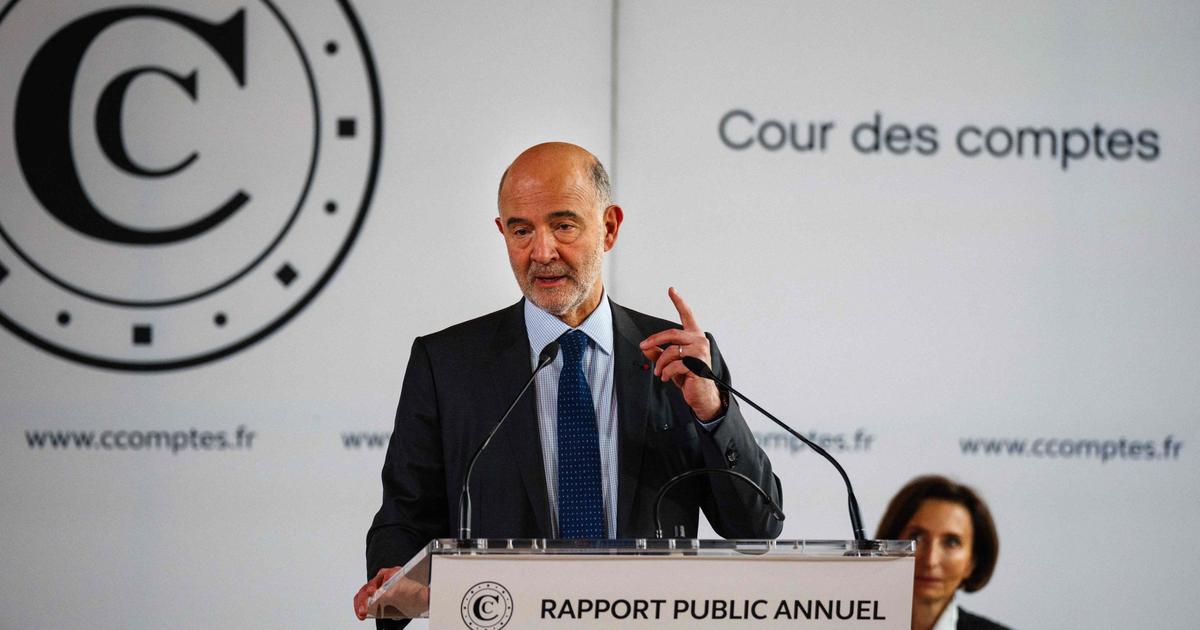Public spending must be brought under control. This is the message that the Court of Auditors wishes to convey. The government must not wait to program "over time" the effort to deleverage public finances, warns the Court this Tuesday, while the public debt will soar this year under the effect of the crisis caused by the pandemic from Covid-19.
While the government is counting on the rebound in growth as early as next year to reduce the debt and excludes, for example, any tax hike, the Court considers a "recovery effort", notably on public spending, essential in its report report on the situation and prospects of public finances.
"The spontaneous rebalancing of public accounts will, in all likelihood, only be very partial: without corrective action, the deficit risks being durably very high (...). The trajectory of the debt would then not be controlled ”, warn the wise men of the rue Cambon.
Recession expected at -11%
The government expects a historic recession of -11% this year, with public debt swelling to nearly 121% of gross domestic product (GDP), before a rebound in the economy next year. But for the Court, "we must not expect everything" from growth, because even the most optimistic scenario of a rapid recovery will not allow France to return to its pre-crisis debt level by 2030. And this one, approaching 100% of GDP, was already considered worrying before the crisis.
"France has not tackled this crisis with restored public finances," notes the Court, pointing to recurrent "budget fatigue" of the various governments which have little reduced public spending and the deficit. But it does not defend an immediate tightening of the screw: the effort "must not be too brutal not to break the recovery, but it must be continued with consistency to obtain tangible results", she believes.
It thus calls on the government to define a debt reduction trajectory in the future public finance programming law "at the latest" next spring. This would also allow France to show Brussels, the European capital, its good will. This trajectory should in particular provide for an "in-depth examination" of public expenditure, in order to favor investment expenditure, in particular in the ecological transition and health, in parallel with an "increased effort to control other expenditure".
France in a difficult situation if rates go up
In addition, "if further reductions in levies were to be envisaged (...) they should be accompanied by increases in other levies or the elimination of niches or find their counterpart in an even greater effort to control spending". The government plans for example to reduce the production taxes that weigh on businesses as part of its recovery plan expected at the start of the school year. According to the Court, the measures in this plan must be “temporary” and targeted, without funding from additional debt.
Low interest rate conditions are "favorable" to such decisions, she argues, while there is a risk on the "sustainability" of debt in the event of a rise in rates, as well as widening of the gap with the other euro-zone countries, in particular Germany, whose debt was around 60% of GDP at the end of 2019. In this hypothesis, "if it had not meanwhile reduced its debt public in relation to GDP, France would find itself in a very difficult situation ”, with the risk of an even more massive surge in its debt and difficulties in financing it.
“It pays me” newsletter
The newsletter that improves your purchasing powerI'm registering
Your email address is collected by Le Parisien to allow you to receive our news and commercial offers. Find out more
In an interview with the Parisian, Pierre Moscovici, new first president of the Court, explains that we must "consider the debt for what it is: a burden for the country, which weighs on future generations. A debt is not ignored, does not despise, it is always paid off! The trajectory of our public finances must have as a compass the medium-term sustainability of this debt ”.















